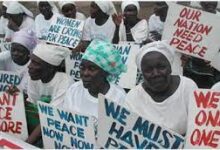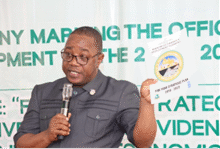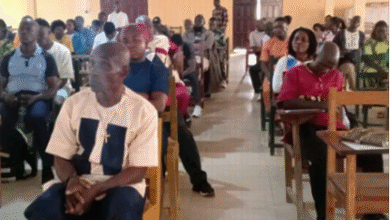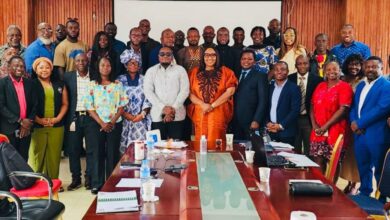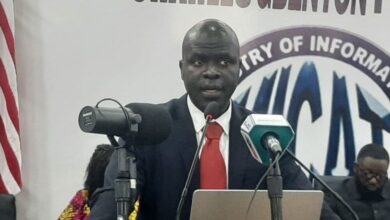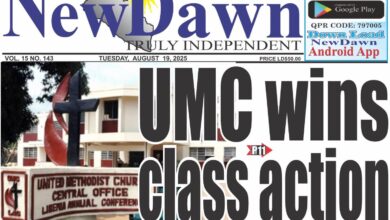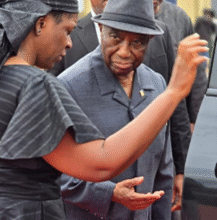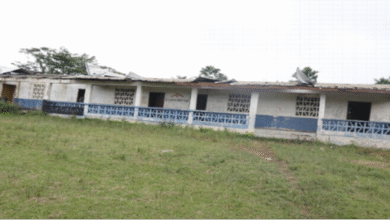Farhat criticizes Weah’s Free Tuition Policy

Former President George M. Weah’s free tuition policy comes under increasing criticism here, with the latest coming from former Minister of Finance, David M. Farhat.
By: Naneka Hoffman
Monrovia, Liberia; August 20, 2025 – Former Finance Minister, David M. Farhat, criticizes former President George M. Weah’s free tuition policy launched during his sex years in office, noting that it was the result of poor advice from individuals within his circle.
In 2018, at the start of his presidency, former President Weah declared free tuition for all students at the state-run University of Liberia (UL) and other public universities across the country.
“…I therefore, declare free tuition for all university students at the University of Liberia as well as all other public universities in Liberia,” Mr. Weah announced on October 24, 2018, at the UL’s Capitol Hill campus, a declaration that was met with loud cheers from students.
But speaking in an exclusive interview in Monrovia on Tuesday, August 19, Mr. Farhat, who also served as head of the UL Graduate School, argued that the policy has created more challenges than solutions.
“The free tuition policy by former President Weah is creating more problems at the University of Liberia,” Farhat said.
He recalls that during the administration of former President Ellen Johnson Sirleaf, he had proposed closing the University of Liberia for one or two years so the government could address the longstanding issues facing the institution.
According to Farhat, UL continues to suffer from numerous challenges, including unqualified instructors, salary disparities, and unsanitary campus facilities.
He stresses that these issues should have been prioritized, instead of implementing a free tuition policy.
He noted that the policy has emboldened students to stage repeated protests.
“Students don’t care whether classes go on or not, because they are not paying tuition,” he noted.
Reflecting on his past role in government, Farhat recalled that he had advised slain President William R. Tolbert, Jr., to build the Unity Conference Center at UL’s Fendell campus for use by the university. The center, constructed in 1979 to host the then Organization of African Unity (now African Union) summit along with Hotel Africa, has since fallen into ruin due to years of neglect and coastal erosion, something he describes as a “waste of resources and public facilities.”
Mr. Farhat also criticizes the proliferation of new universities across Liberia, stressing that higher education is not about constructing buildings, but about training and employing qualified instructors to prepare the nation’s future leaders.
He urges the ruling Unity Party-led government of President Joseph N. Boakai, to focus on addressing the deep-rooted problems facing UL’s students and faculty, warning that building more universities without fixing the existing issues could worsen Liberia’s education sector.
Mr. Farhat, also a former presidential candidate, served as finance minister in the 80s during the regime of slain President Samuel Kanyon Doe. Editing by Jonathan Browne


